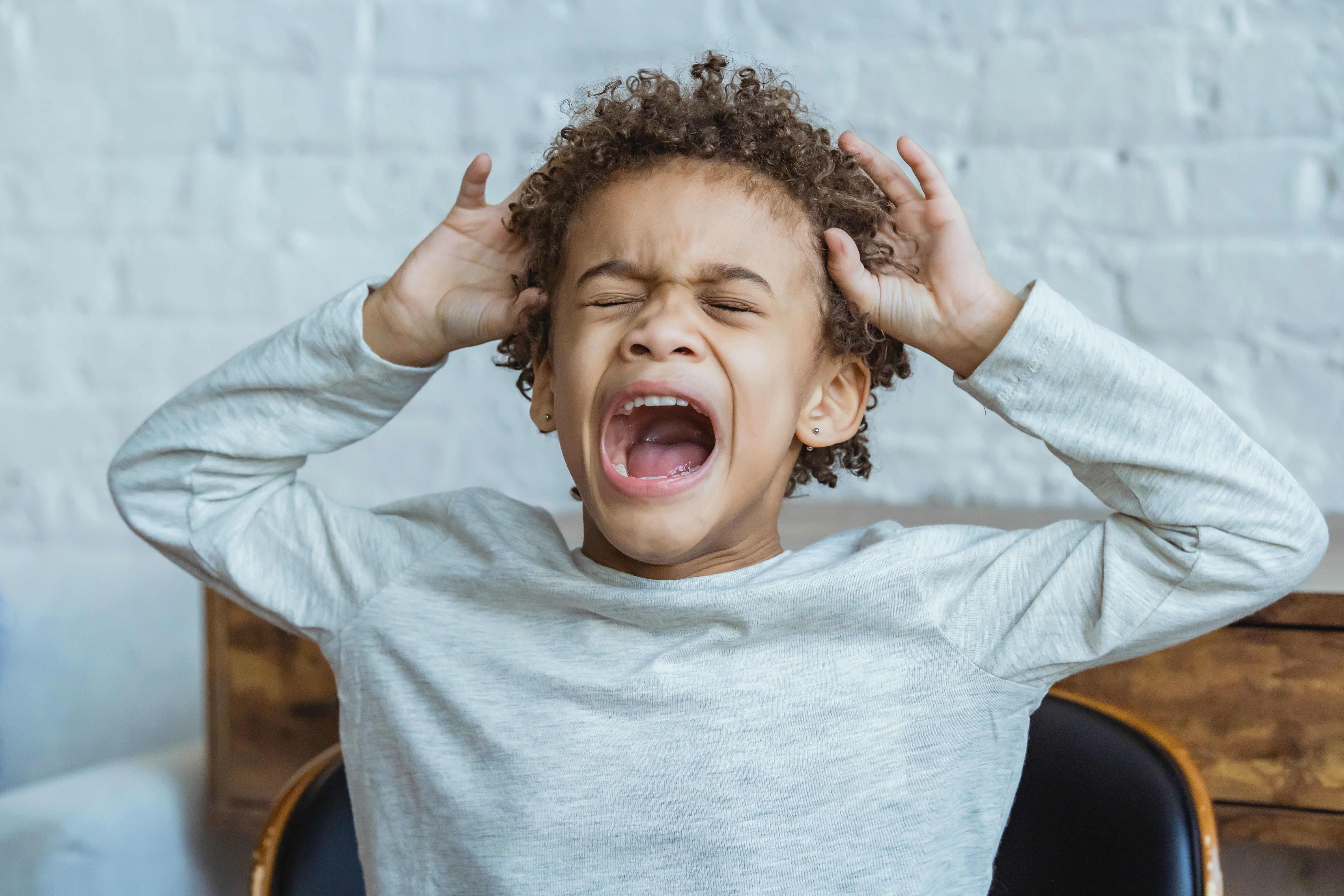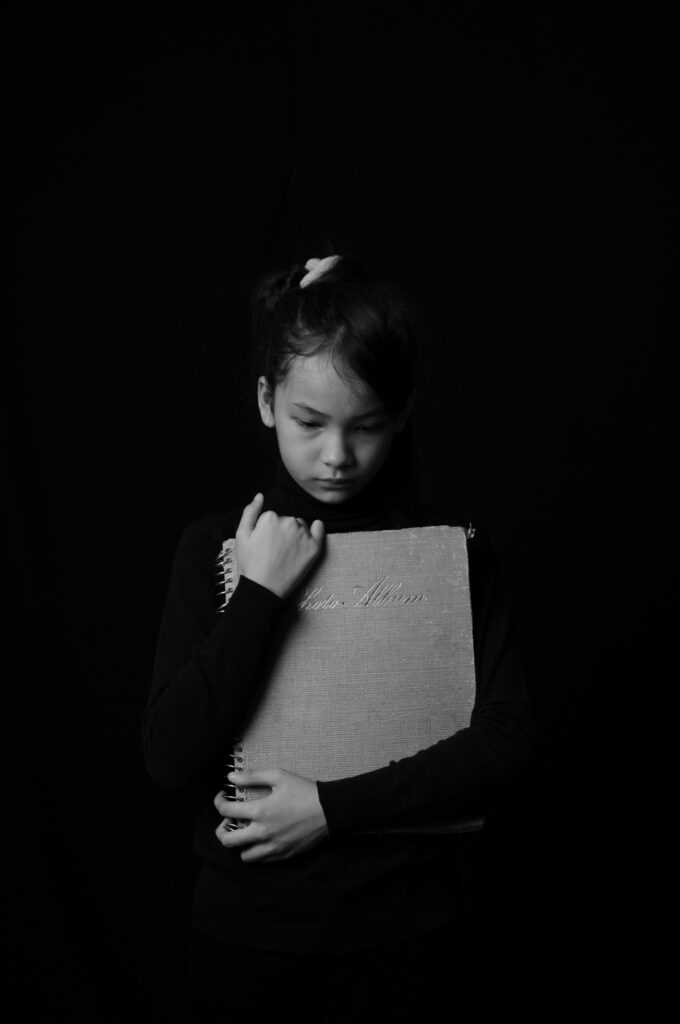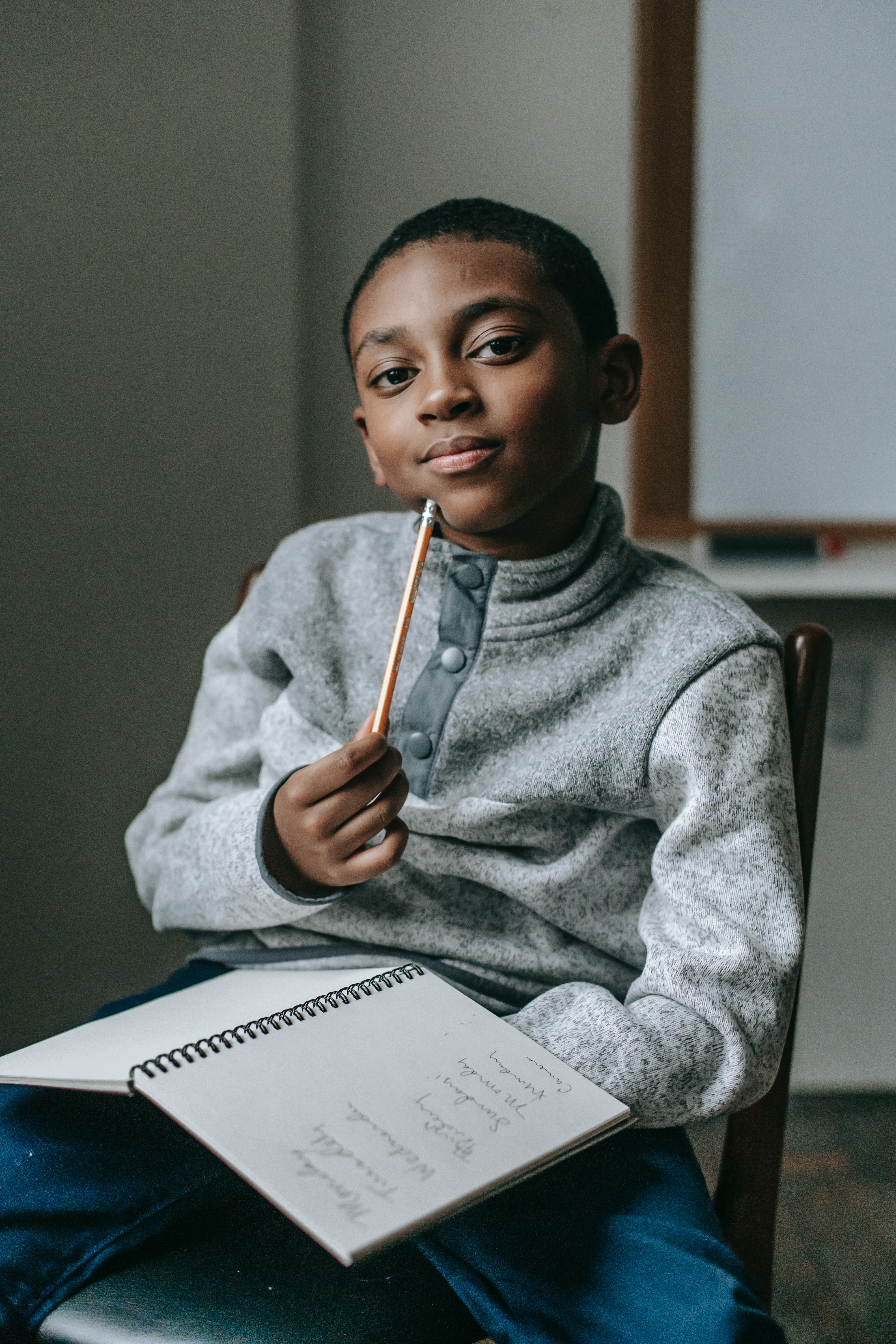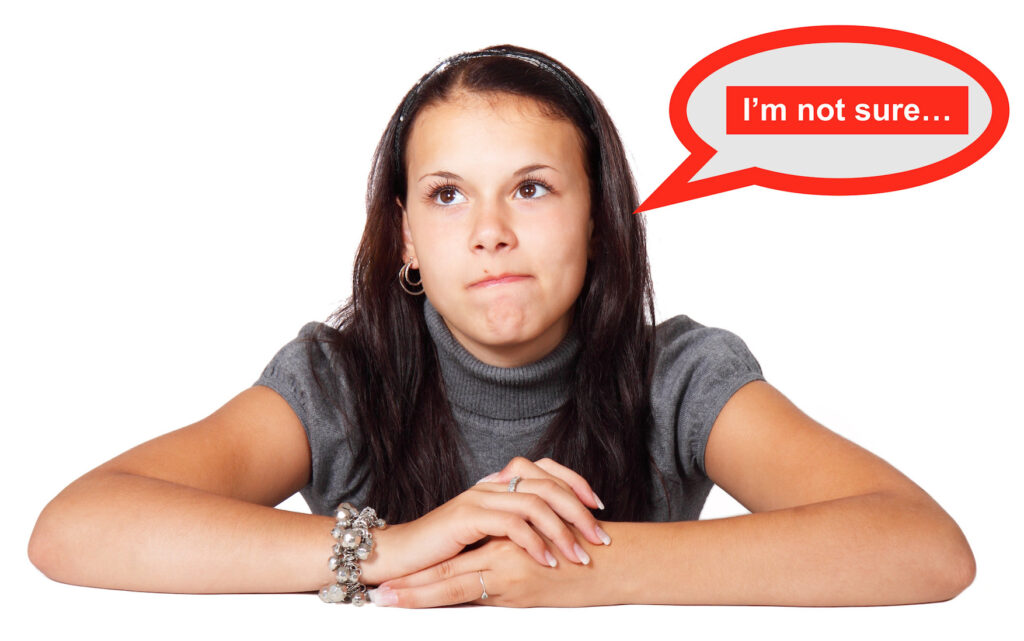SO MUCH BETTER for students to have the ability to say, “I’m not sure” instead of “I don’t know”!! Let’s aim for a growth mindset by teaching kids and remembering to say “I’m not sure” in place of “I don’t know” or “I dunno”–that’s even worse!
I cannot tell you how many students (and teachers) sat in front of me either for assessment, a lesson, or a professional development class over the course of my multi-decade career in education who continuously said, “I don’t know.” Let’s just say the number is likely in triple or even quadruple digits.
WHAT DOES “I DON’T KNOW” MEAN/IMPLY?
According to my formal research, “I don’t know” can mean:
- one does not have the information to provide a response to a question (for example, ‘What is 2 + 2?”
- used to express disagreement, doubt, or uncertainty (“I don’t like that guy.” “Oh, I don’t know, he’s not really so bad.”)
I am only going to deal with the first definition in this article.
According to some informal research and my own observations, “I don’t know” can mean:
- one simply does not have the information as described above

BUT…it can also, especially in an academic and/or personal setting:
- serve to signal poor self-esteem and confidence to even take a chance that one does know, but is too timid and self-conscious to even try for fear of failure
- serve to signal a cry for help
- serve to signal an attitude of “I don’t care” as in “I don’t know and I don’t care”–wouldn’t this be considered ego limiting, in other words, a fixed mindset?
Image by Keira Burton from Pexels
I read this from a gentleman on Quora just today:
“When I was a child, my mother would get very angry whenever I said,
“I don’t know”….To her, that response mean that I was mentally lazy, I had
not spent a single second thinking about the answer, and I had
disregarded her question. My mother believed the response “I don’t know”
was a sign of disrespect to the person asking the question. She would let
me know this in no uncertain terms.”
Jon Hainer on Quora
WELL, WHAT DO YOU THINK??

I think most students (and adults for that matter) would prefer not to say “I don’t know” even if they don’t know the information. I see their heads lower, their eyes lose eye contact, and sometimes even their bodies slump down in their seats.
Image by Brother’s photo from Pexels
I think this is true even if these individuals, young and old, claim they ‘don’t care’.
I will add that by the time children, young adults, or even older adults reached my office for an assessment to determine if a learning disability existed, they had experienced academic challenges, as well as a good hit to their self-esteem.
Once, I assessed a 40ish year old woman who worked in a bank and had completed an MBA. She had difficulty reading her clients’ names and wanted to understand why this was so, as well as improve her reading. During her assessment, she repeatedly stammered, “I don’t know” and begged me not to tell her how she was doing. Turns out that her reading level was no more than that comparable to a middle schooler and her ability to hear sounds in words was comparable to an early elementary student. It is safe to say that she suffered from poor self-esteem and was embarrassed by her inability ‘to know’.
End of story: I recommended a very knowledgeable tutor for this woman. She improved her reading level to that of a college student, and advanced well in her career. I received a well written letter of thanks written in her own hand. She lived happily ever after (I hope!).
ON THE OTHER HAND, WHAT DOES “I’M NOT SURE” MEAN/IMPLY?
“I’m not sure” takes the pressure off.
“I’m not sure”, in my opinion, avoids the negative connotation of ‘not knowing’.
Upon researching, many believe “I’m not sure” means the same thing as “I don’t know”, BUT…
- “I’m not sure” totally avoids the idea that the respondent doesn’t consider the question posed
- “I’m not sure” avoids the feeling of shutting down in a learning situation and/or when in conversation–it alerts the questioner that perhaps the respondent wants to know the answer to questions posed–it fosters a growth mindset, don’t you agree?
- “I’m not sure” actually ‘sounds’ more mature, which is something students aim for even if they are young children, especially students with learning challenges
- although I do not have research based evidence–I conveyed to students and adults alike the notion of replacing “I don’t know” with “I’m not sure” (Note: all were receptive to the idea, and began responding with, “I’m not sure” rather than “I don’t know” during the time we spent together)



WHY SHOULD WE ASK QUESTIONS AND BE ENCOURAGED TO ASK QUESTIONS?
Just this week, I was conversing with a colleague who shared that the adolescents he taught actually ‘stopped’ asking questions because they thought it made them look ‘stupid’. So, the students stopped asking questions and it resulted in less learning in his opinion. This upset me. How do you feel about this situation?

A few weeks ago, I was told that asking questions makes folks feel uncomfortable. I then spoke with two other colleagues, both great teachers well regarded in their fields. Both stated asking questions was the best way to teach their mentees. Many consider asking questions of our students, children, mentees, colleagues to be how individuals learn best. One colleague mentioned that his students appreciated his teaching methods because it taught students “how to think” as opposed to “what to think.” Isn’t this the goal of education whatever the subject matter or age of the student?
Have you ever had this experience in your personal and/or professional lives? If you are in the workplace, Kat Boogarrd writes about 4 different methods of responding to questions posed in this article. They include:
- “I’ll find out.”
- “I have that same question.”
- “My best guess is…”
- “Why don’t we ask _____ (insert name)?”
Do note that “I don’t know” is not one of the options! These options are more positive in nature–much like “I’m not sure.”
THE TAKEAWAY
Spend a minute thinking about all of this from a child’s perspective.
In thinking about the Social Emotional Learning needs of all children–even young adults, particularly in light of the many issues facing us in the current environment, if we as parents and teachers can do something as simple as replacing “I don’t know” with “I’m not sure”, why not do it??
What does “I’m not sure..” mean to you? If you are ‘not sure’, just think about it for awhile!!
A Footnote: Another parenting or teaching tip which might be helpful, especially if dealing with adolescents! If your child or a student asks you questions, an appropriate response can be, “I’m not sure.” When raising my own children, my kids would often ask me a question and if they did not ‘like’ the answer, would then go ask the other parent the same question hoping for a different response. Rather than play this ‘game’, my husband and I decided to always respond with “I’m not sure” so that we could be on the ‘same team’! It also teaches delayed gratification, which is also a good trait to posses. Try it, you’ll like it!
Featured Image: Public Domain from Pexels

Awesome article! I enjoyed reading and hearing your own stories. I AM sure that I’ll implement this habit at the beginning of the school year. Thanks!
Thank you, John. Glad you enjoyed the article and will use the strategy.
Lori